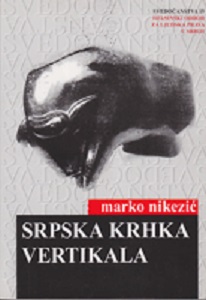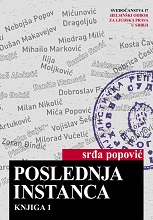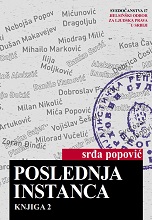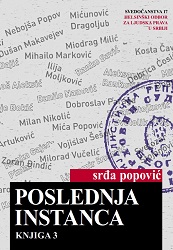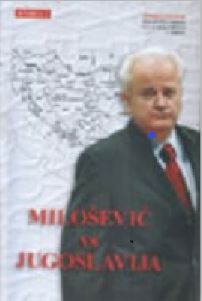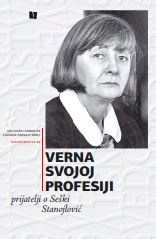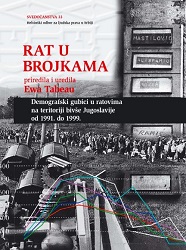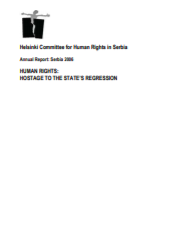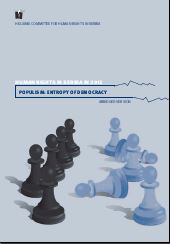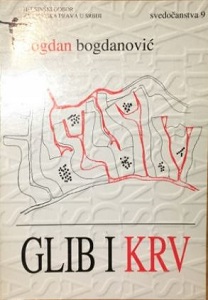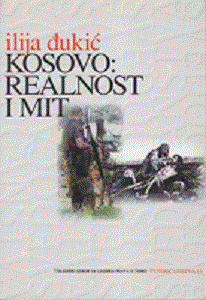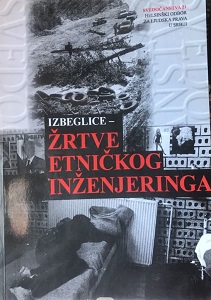Izbeglice – žrtve etničkog inženjeringa
Author(s): Boris Delić,Safet Biševac,Drago Kovačević / Language(s): Serbian
Keywords: refugees; Serbian ethnic state; Kosovo; ethnic conflicts; mobilization; legal position of refugees; Croatia; Bosnia and Herzegovina; national strategy; integration;
I novi milenijum, nažalost, počinje sa ogromnim masovnim egzodusom stanovništva širom sveta; najnoviji slučajevi si Istočni Timor, Avganistan, Sudan i drugi. Izbeglištvo je uvek bolno i teško iskustvo, što su pokazali i ratovi na teritoriji bivše Jugoslavije. Osim toga, povratak nikad nije masovan, bez obzira na veliku želju izbeglica da se vrate. Intencija Dejtonskog sporazuma (Annex VII) da, pre svega, poništi rezulatate rata i obezbedi takav proces nije dao velike rezultate. Razlozi za to su brojni. Prvi je, svakako, to što su počinioci i kreatori ovog zločina još uvek nosioci vlasti na tim prostorima, a drugi, isto tako značajan, je to što su se brojne izbeglice već integrisale u nove sredine, mnoge u trećim zemljama. U odnosu na povratak, jugoslovensko iskustvo je pokazalo i neke izuzetke. To se prvenstveno odnosi na kosovske Albance, koji su se nakon povlačenja jugoslovenske armije, paravojski i policije masovno vraćali svojim kućama, uprkos činjenici da su njihova sela mahom bila spaljena i devastirana (srpske snage su spalile više od 100.000 albanskih kuća). Drugi primer su Srbi iz Hrvatske, koji su utočište našli u samoj Srbiji. Njihova želja za povratkom je opstruirana, kako sa hrvatske, tako i sa srpske strane. Uprkos tome, povratak Srba u Hrvatsku je proces koji još uvek traje, sa mogućnošću da se u budućnosti intenzivira. Sada su, naime, bezbednosni uslovi zadovoljavajući, i, što je još važnije, hrvatska vlast je promenila svoju politiku prema Srbima. Do ove promene je došlo nakon što se Hrvatska kandidovala za članstvo u EU, što je kao uslov nametalo, ne samo saradnju sa Hagom, već i povratak srpskih izbeglica.
More...
